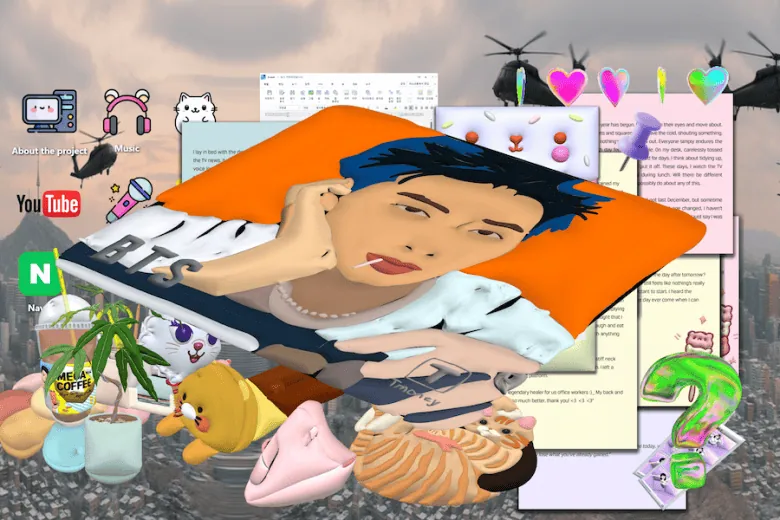
The term Adonis Syndrome (also known as the Adonis Complex) refers to men’s obsession with their appearance. Adonis, in Greek mythology, was a beautiful youth adored by the goddess of beauty, Aphrodite, and upon his death, was transformed into an anemone. He has long been regarded as a symbol of male beauty. Korean society is strongly collectivist in nature, where social status, recognition, and one’s identity asa member of a group hold great importance. Accordingly, following new trends is often regarded as anessential part of social adaptation.
Latvia and Korea, while both independent republics, share parallels in history: Korea declared independence around the First World War, yet the establishment of the nation-state occurred more than fifty years apart. Both nations also experienced dramatic upheavals in relation to larger powers - Latvia with the Soviet Union, and Korea with Japan. These turbulent experiences resonate visibly in the ways that art movements have unfolded within comparable categories in each country’s artistic history. This exhibition, composed of works by four artists from Korea and Latvia, seeks to explore these phenomena. It offers a space where audiences can encounter and reflect on the aesthetic standards of both nations, while also considering the potential for artistic solidarity that emerges across cultures through shared experiences in the realm of art.
